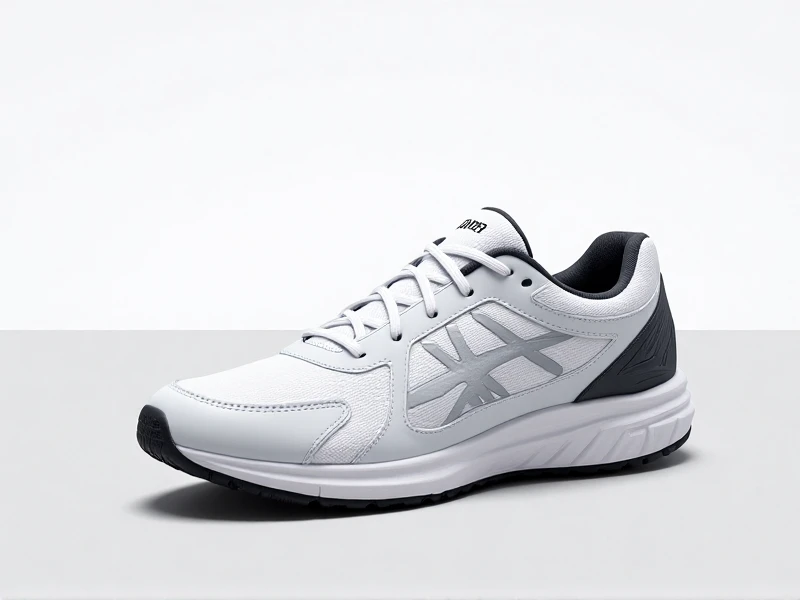
Choosing the Perfect Running Shoes: Your Step Towards Comfort & Performance
The right pair of running shoes isn't just footwear; it's essential equipment. Whether you're a seasoned marathoner or just starting out with a few daily miles, investing in optimal running shoes makes a world of difference. They cushion your impact, support your stride, and help prevent injuries that can sideline your goals.
Finding the best running shoes requires knowing a few key things. Firstly, consider the fit. Your running shoes should feel secure but not tight, with enough room to wiggle your toes freely. A common recommendation is to go half a size larger than your regular shoe size, as feet swell during runs. Always try shoes on in the afternoon when feet are naturally larger, and wear the type of socks you typically run in.
Think about the terrain where you run most often. Running on hard pavement demands shoes with superior cushioning to absorb the repeated impact on joints. If trails are your preference, prioritize stability, grip, and protection against rocks and roots with trail specific shoes offering aggressive treads and potentially reinforced uppers.
Understanding your gait and foot strike pattern is crucial. Many runners overlook this, leading to discomfort or injury. Do your feet roll inward (overpronation), outward (underpronation/supination), or remain relatively neutral? Specialty running stores often offer gait analysis, helping you identify the level of support you need. Stability shoes control excess inward motion, neutral shoes offer cushioning with minimal guidance, and motion control shoes provide maximum support for severe overpronation.
Materials matter too. Modern running shoes utilize breathable mesh uppers to keep feet cool and dry, vital for both comfort and blister prevention. Midsole technology, often employing EVA foam, urethane, or proprietary compounds like Nike Air or Adidas Boost, determines the cushioning and energy return you feel with every stride.
Prioritize replacing your running shoes every 300 to 500 miles, as worn cushioning loses effectiveness. Listen to your body; increased aches or pains can be a sign your shoes are past their prime.
Ultimately, the best running shoes are the ones that feel great on your feet. Take the time to get properly fitted, understand your needs, and select shoes suited to your running style and goals. Visiting a reputable running specialty store is often worth the effort. The perfect pair provides a foundation for comfortable miles and helps you hit the road feeling strong. Choose wisely and enjoy the run!